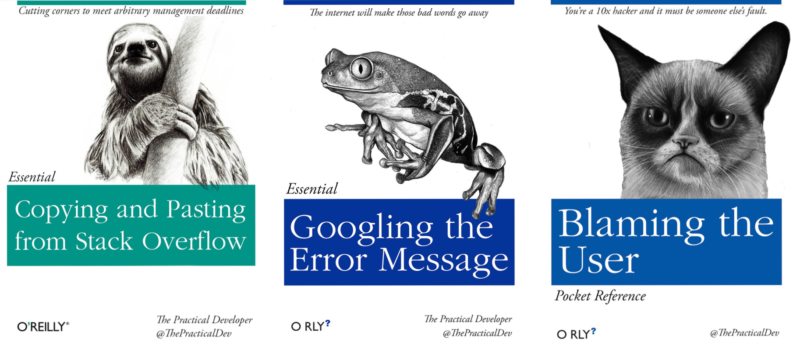
This week, we’re serializing another episode of the After On podcast here on Ars. Our guest is tech’s preeminent publisher—as well as one of its top prognosticators—Tim O’Reilly. We’ll run this interview in three installments. You can access today’s via our embedded audio player or by reading the accompanying transcript (both of which are below).
Outsiders are often surprised by how central the dowdy medium of books has been to the tech industry. But for decades, books were the only game in town for most people wanting to keep pace with the new programming languages and skill sets tied to their jobs. O’Reilly Media has published a huge share of our world’s top books for as long as I’ve been around—even as it led the charge with ebooks, digital training, and other disruptions to its ink-on-paper legacy.But Tim’s real mojo comes from being the industry’s convener-in-chief. For starters, his company has welcomed all paying registrants to hundreds of major conferences. Other conference series have been invitational, including Foo Camp (which is impossible to describe); SciFoo (basically Foo Camp, but for scientists); EdFoo (think SciFoo, but for educators); and many others. "Foo" stands for “Friends of O’Reilly.” And should you ever learn that you are one, accept the invitation pronto—it will rank amongst the coolest and brainiest weekends of your decade.
The truly legendary gatherings have been one-off events. Like the one back in ’94, when many of the Web’s early architects first met (Andreessen, Berners-Lee, and others). Or the powwow where the term “open source” was conjured up to label the phenomenon we now call open source.
Tim and I open today’s installment discussing his personal background. He started out studying dead languages at Harvard (as in Latin and whatnot—not COBOL). Which may seem like an odd start for someone featured on Ars Technica—unless you know that the site’s own founder followed a similar route.
We go on to discuss the early days of Tim’s company and then the early days of the Web itself. Then we slip into some of the analogous thinking Tim is renowned for. He asks if we (humans) aren’t basically Google’s microbiome (I was delighted when he voiced this, as similar thinking plays a part in my last novel). We encounter a beast of a word (endosymbiosis), which will make you look brilliant when you next play Scrabble (and also like a cheater, given all those letters. Unless someone first throws down “sis,” then someone else builds it to “symbiosis,” and then you come in with E-N-D-O, while also landing on Triple Word Score, and then you stand up while flipping the table over because you are now the God of Scrabble).
If you enjoy my interview with Tim, a full archive of my episodes can be found on my site, or via your favorite podcast app, by searching under the words “After On.” The broader series is built around deep-dive interviews with world-class thinkers, founders, and scientists, and tends to be very tech- and science-heavy.
Finally, if you’re curious about the latest episode in the main After On podcast feed, this week it’s an interview with Harvard’s David Reich—a top pioneer in the emerging field of ancient DNA. Specifically, the genetic code of Neanderthals, Denisovans, archaic Homo sapiens, and other elders. In just a few years, this field came out of nowhere to reconfigure much of our understanding of human history. More electrifying, it could well save hundreds of thousands of modern human lives per year.
This special edition of the Ars Technicast podcast can be accessed in the following places:
iTunes:
https://itunes.apple.com/us/podcast/the-ars-technicast/id522504024?mt=2 (Might take several hours after publication to appear.)
RSS:
http://arstechnica.libsyn.com/rss
Stitcher
http://www.stitcher.com/podcast/ars-technicast/the-ars-technicast
Libsyn:
http://directory.libsyn.com/shows/view/id/arstechnica
reader comments
64